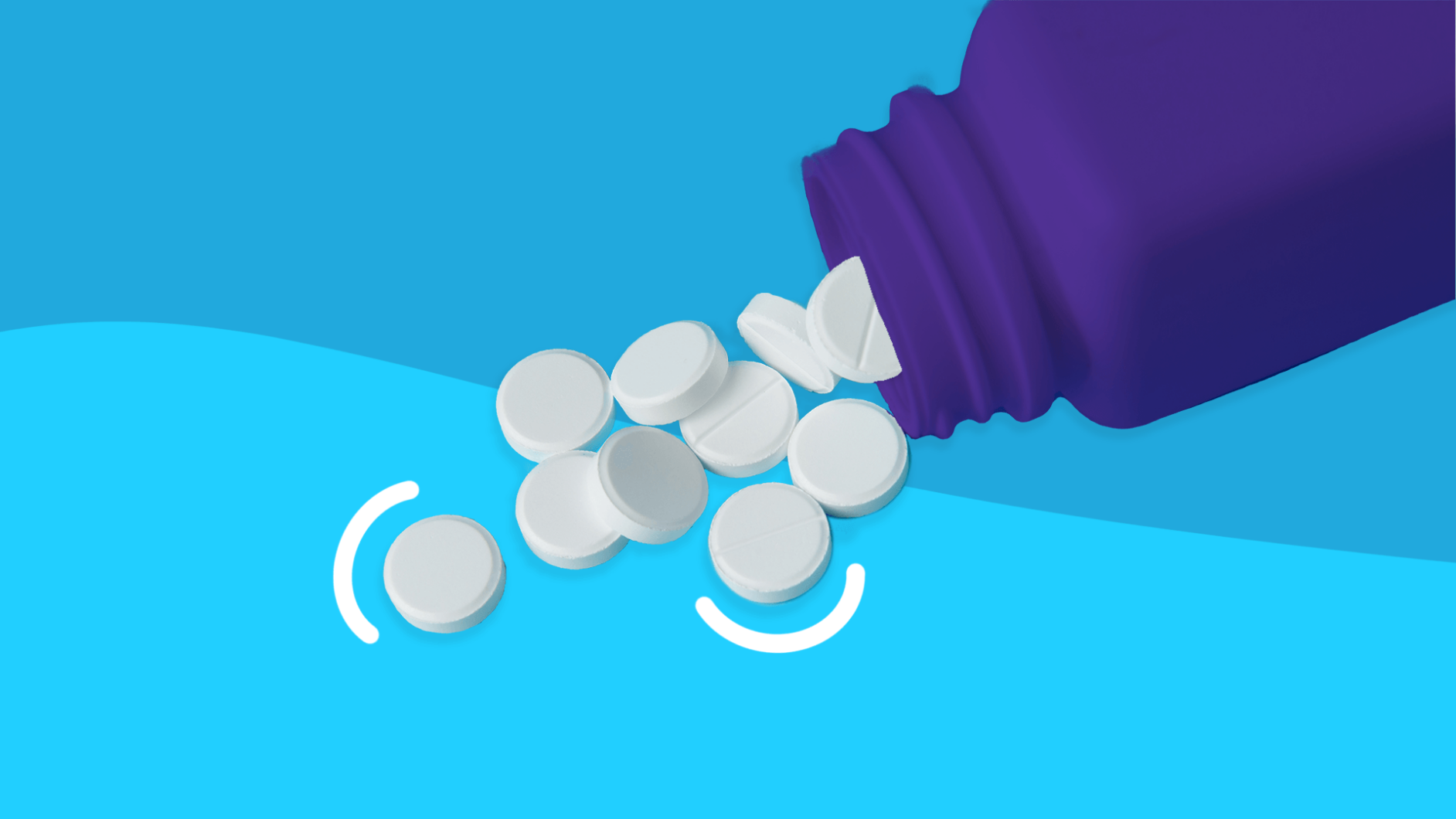Key takeaways
Zyrtec, by itself, is a safe option for individuals with high blood pressure.
If you have hypertension, allergy medication containing the decongestant pseudoephedrine, such as Zyrtec-D, should be avoided.
Read the active and inactive ingredient list of allergy medications in order to reduce unwanted side effects.
According to the Asthma And Allergy Foundation of America, over 80 million people in the United States suffer from seasonal allergies. Zyrtec, brand name for cetirizine, is an antihistamine often used to reduce and prevent allergic reactions. Seasonal allergies, hay fever, or pet allergies are common reasons that adults and children need allergy drugs.
This over-the-counter (OTC) medication can help relieve rhinitis (inflammation of the mucus membrane in the nose) and other symptoms of allergies, such as stuffy nose (nasal congestion), runny nose, sneezing, hives, or red and itchy eyes. While regular Zyrtec is not known for raising blood pressure, another formulation of this medication, Zyrtec-D, is not recommended for people with high blood pressure because it contains pseudoephedrine.
Can Zyrtec raise blood pressure?
Zyrtec by itself has numerous potential side effects, including drowsiness, nausea, dryness of mouth, stomach discomfort, diarrhea, blurred vision, dizziness, and decreased blood pressure. When using Zyrtec for allergy treatment, be aware of its various forms in order to reduce unwanted side effects. While Zyrtec is considered to be a safe medication to use with high blood pressure (hypertension) or heart problems, the decongestant aspect of the combination drug Zyrtec-D does raise concerns.
Decongestants can restrict the blood flow to the nostrils and potentially affect blood vessels throughout the body. Zyrtec-D and other combination medications, such as Claritin-D and Allegra-D, contain pseudoephedrine (Sudafed), which could increase one’s heart rate and blood pressure. Older patients with heart disease or other medical conditions have an increased risk of adverse effects with these medications. Pseudoephedrine could potentially interact with heart and blood pressure medications and should be avoided by those who take them.
Can you take Zyrtec if you have high blood pressure?
Zyrtec is a histamine blocker and safe to use if you have high blood pressure. Histamine is a chemical naturally found and produced in the body as a reaction to allergens. The effects of Zyrtec are noticeable within 30 minutes to an hour of taking it. Zyrtec comes in several forms, including 24-hour relief pills, and is considered to be safe for long-term use of treating allergies.
Can you take Zyrtec-D if you have high blood pressure?
Do not take Zyrtec-D or any other allergy or cold medicines containing pseudoephedrine if you have high blood pressure. The decongestant ingredients of Zyrtec-D can constrict blood vessels, causing an increase in blood pressure. In addition, older people taking medication for hypertension are further advised against taking Zyrtec-D in order to avoid drug interactions. When seeking medical attention for allergy treatment, patients should disclose their medical history and any prescription medications that they currently take to their healthcare provider.
What allergy medicine is best for high blood pressure?
To avoid complications, consider all health concerns when selecting an allergy medicine. You may be surprised to hear that some medications, including decongestants, could be high in sodium, which has the potential to increase one’s blood pressure. The consumer is responsible for reviewing the ingredient list (active and inactive) to be sure that a medication does not cause harmful side effects. If you are unsure about the best OTC allergy relief for your medical needs, consult a pharmacist or healthcare provider.
While many allergy medications provide similar relief, choose one that treats your specific needs. If you’re concerned about daytime sleepiness, look for a non-drowsy option. Individuals with high blood pressure have several types of allergy medications to choose from when seeking relief.
Best OTC allergy medications for high blood pressure |
||
|---|---|---|
| Brand name | Generic name | Hours of relief |
| Zyrtec | cetirizine | 24 hour |
| Allegra | fexofenadine | 12 and 24 hour |
| Claritin | loratadine | 12 and 24 hour |
| Benadryl | diphenhydramine | 6 hours as needed |
| Allergy 24-hr | fexofenadine | 24 hour |
Stop taking allergy medicine and seek medical attention if you are experiencing heart palpitations or an irregular heartbeat, such as atrial fibrillation. Antihistamines are considered safe for pregnant and breastfeeding women, although small amounts of the medication can be passed through the breast milk to the child. Consult a healthcare professional about the long-term use of OTC allergy medications.
- Allergy facts and figures, Asthma and Allergy Foundation (2024)
- Common prescription drugs alter blood’s flow, Scientific American (2014)
- Why high blood pressure and cold meds don’t mix, University of Michigan (2019)
- Cetirizine (Zyrtec), National Library of Medicine (2022)




